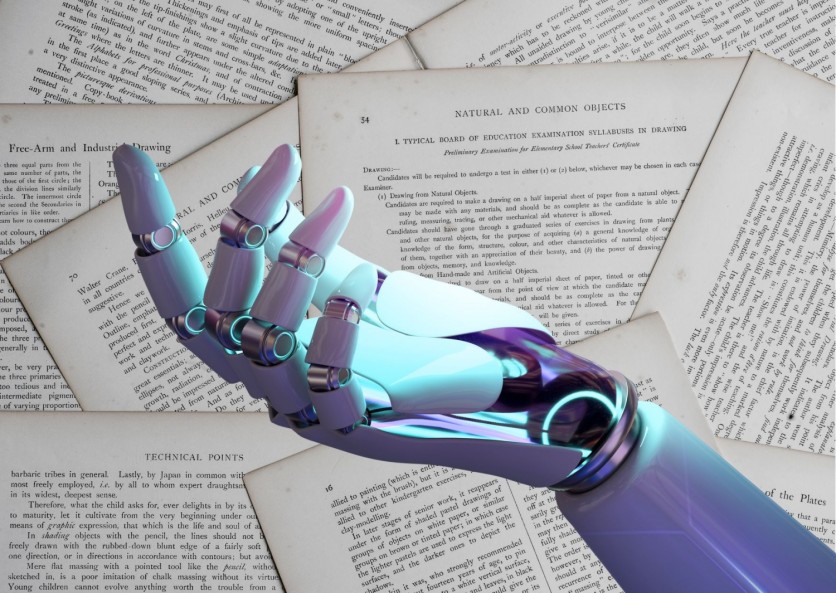The New York City Department of Education has barred access to ChatGPT on its networks and devices on worries the AI tool may impair students' education.
In a report by Verge, the department's spokesperson Jenna Lyle said to Chalkbeat New York, an education-focused news site, that the restriction was enacted out of concerns over the safety and veracity of content and negative repercussions on student learning.
There is no doubt that this tech may help students get answers to their problems quickly and easily. However, Lyle clarified that it does not help them develop the critical thinking and problem-solving abilities necessary for success in school and life.
Related Article : ChatGPT Will Not Give Students Good Grades, Professors Warn

The AI Algorithm
The San Francisco-based AI firm OpenAI published ChatGPT in November 2017. It has since ignited a heated discussion about the possible implications of machine learning in fields as diverse as academia, fake news, and the workforce.
The accessibility of ChatGPT and its ability to respond to inquiries in a natural way are its two most groundbreaking features.
The program does more than talk about random things it finds on the internet; it can also write in a variety of styles and genres, from medieval quatrains to comedy scripts, and even do linguistic tricks.
While there are many successes in modern AI language systems (known as large language models, or LLMs), ChatGPT has many of the shortcomings of its contemporaries.
Its biases, including sexism and racism, are reinforced by its training on data gleaned from the internet. The system is also prone to completely fabricating data and presenting it as reality. This includes anything from historical eras to scientific rules.

Threat to Education and Other Areas
As a result of the tool's fluency, accessibility, and tendency to spread false information, educators have reason to be concerned. Many educators feel they can no longer adequately assess their students' essay-writing skills at home due to the prevalence of software like ChatGPT.
When ChatGPT can do your homework in a matter of seconds, there is no need to waste time writing it. And while techniques to identify AI-generated writing currently exist, it's uncertain how precise these systems will be or whether students will be able to cheat them with simple tweaks to AI-generated material.
However, many believe that the educational system will have to change to accommodate this new technology, just as it did when the internet and websites like Google and Wikipedia first emerged.
It is possible that new testing norms could place greater emphasis on in-person tests or that educators would have pupils analyze the results produced by AI systems. It may be the same as how they interrogate sources of information they find online.
However, this process takes time, and other school systems may follow suit and outlaw AI-generated writing in the near future.
As a result of concerns that ChatGPT may compromise their sites' veracity, several websites have already banned it. These include coding question and answer site Stack Overflow.
See Also : Google to Rival OpenAI's ChatGPT? New AI Bot for Chats in 2023, CEO Claims to Use it for Search

![Apple Watch Series 10 [GPS 42mm]](https://d.techtimes.com/en/full/453899/apple-watch-series-10-gps-42mm.jpg?w=184&h=103&f=9fb3c2ea2db928c663d1d2eadbcb3e52)



